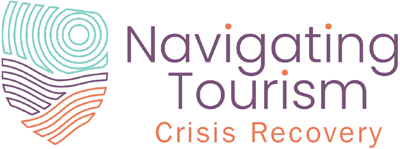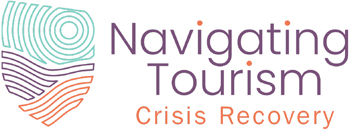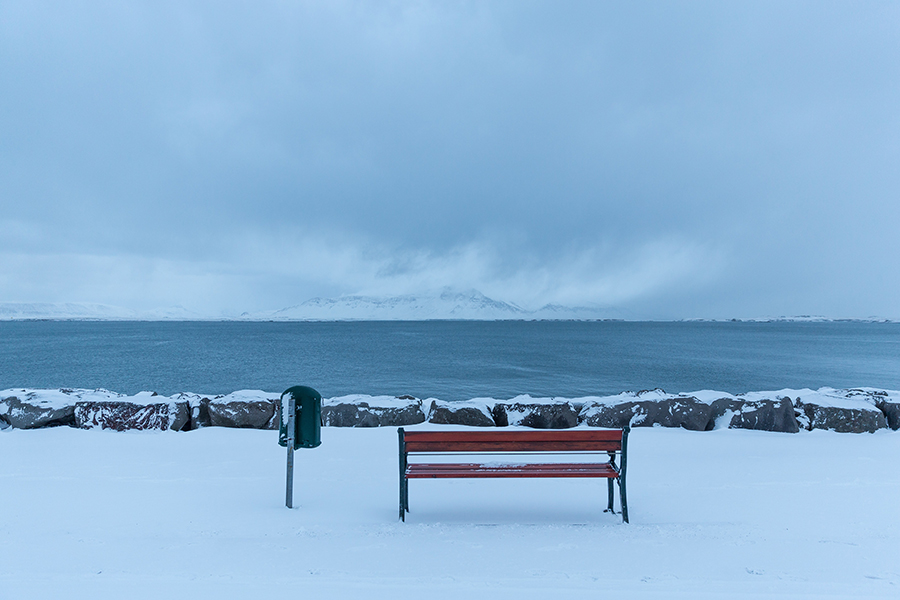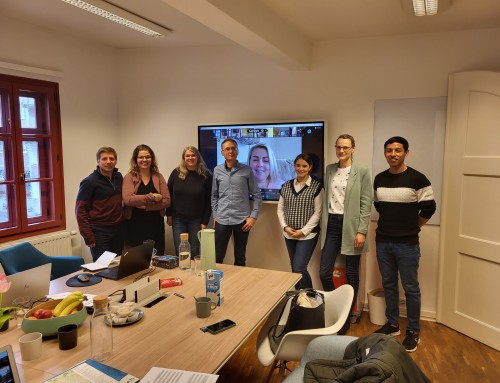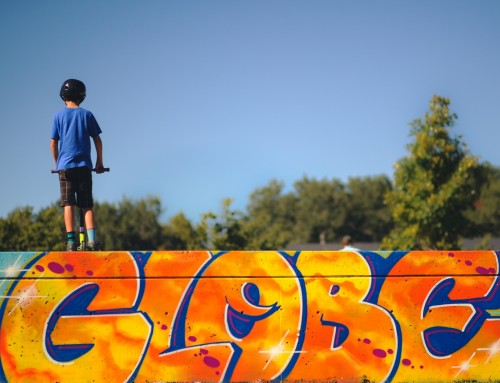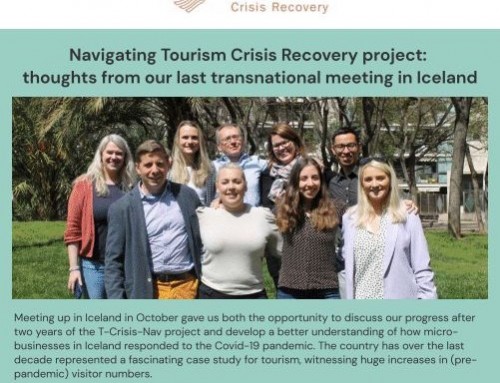COVID in Iceland
In Iceland, the COVID-19 crisis has, like elsewhere, taken its toll on the tourism industry. In order to better understand the reaction of the industry, a small study was carried out during the summer of 2021 amongst tourism stakeholders in South Iceland. Interviews were conducted with SMEs in the region. The goal of the research was to get a better understanding of the situation of tourism companies during the COVID-19 crisis and to investigate the role of innovation as a response to it.
The research showed that governmental support measures and the domestic tourists have been imperative factors for the companies in question to stay afloat during the crisis. Innovation and product development was needed up to a certain extent for the companies to be able to adjust to the domestic tourist market efficiently. The recreational companies went more into the direction of making something new while accommodation businesses sought rather after cooperation with other companies in their vicinity, for example, by assembling their services into a one package. Therefore, innovation has been an essential part of crisis management, which one could say the governmental support measures made possible. Other factors have also been important, for example, flexible employees who are loyal to the companies. Uncertainty and instability due to the government’s disease control measures, affected both staffing and general operations of the companies and made the business management more difficult. To hire and have hired correctly was, therefore, deemed to be a vital factor.
Despite the great challenges brought by the global pandemic, the companies also mentioned positive aspects of the pandemic, that in the downturn they had been able to build up their infrastructure, recalibrate themselves and better form their vision for the future. According to them, the busyness before COVID-19 had made it difficult to complete certain goals and to build up their companies in a preferable way. Grants from the local regional development fund were beneficial in this work.
Interviewees who participated in a development project called “Ratsjá”, or the Radar, praised its importance. The Radar is a project managed by the Icelandic Tourism Cluster and is funded by its members and the government. It is intended for tourism executives who want to come together to increase their ability to innovate, speed up important process changes and gain increased overview and ability to develop products and services. This time around, the effort was themed around COVID-19 and was described by the interviewees as an important therapy session and an opportunity to get support by interacting with others who had been walking in similar shoes, simultaneously strengthening their network.
Most of the interviewees believed that their own experience and reputation of the company in the tourism industry had been an important factor in the crisis management, as well as their specialisation and flexibility which is due to their small size. These factors have been important to adjust to new situations and a new market. Reputation is after all, according to them, one of the most precious things a tourism company has, especially when potential customers are fewer than usual. The interviewees maintained that if they had been newcomers to the industry, the circumstances created by the pandemic might have turned out to be too overwhelming to handle.
In general, the results indicate that the crisis management of the companies in question has been rather reactive, and improvements are needed. Disaster plans need to be implemented before the next crisis inevitably occurs. These plans need to consider the capacity of small companies and their executives need to be educated about the necessity of being prepared for the crises of the future.
